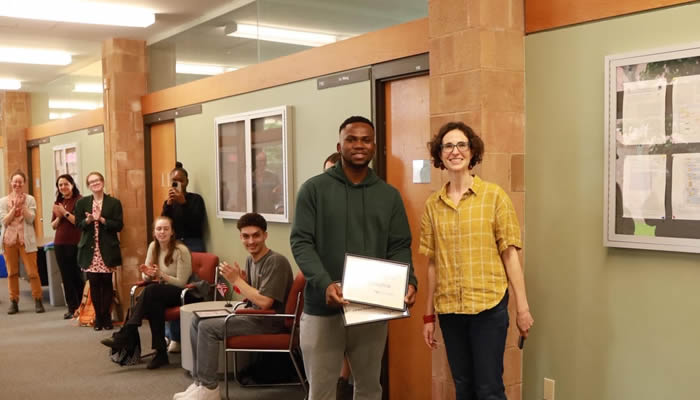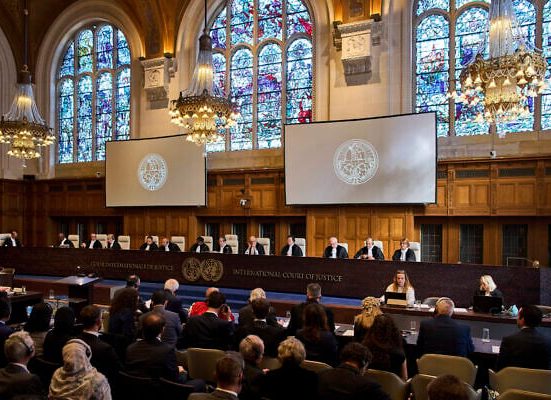A distinguished alumnus of the University of Ibadan, Festus Adegbola, has emerged as a leading figure in a major biodiversity research initiative in South Africa, backed by the National Aeronautics and Space Administration (NASA). Currently pursuing his doctoral studies in Earth Systems Science at the University at Buffalo, New York, Adegbola is making remarkable strides in the global scientific community through his groundbreaking work in environmental research.
The research project, which has attracted support from NASA under its Biodiversity and Ecological Forecasting program, is focused on examining the intricate relationship between climate change, ecosystem dynamics, and biodiversity loss across Southern Africa. Adegbola’s work contributes to a broader international effort aimed at leveraging satellite technology and ecological data to monitor and mitigate the impact of environmental degradation in vulnerable regions of the continent.
With a firm academic foundation laid at Nigeria’s premier university, the University of Ibadan, Adegbola has become a prominent voice among emerging African scientists making significant contributions to climate science and sustainability research. His role in the South African project involves the integration of remote sensing data and advanced ecological modeling techniques to assess changes in land use and their cascading effects on plant and animal populations across biodiverse landscapes.
According to information made available to KIIN360, Adegbola’s involvement in the NASA-funded initiative is part of a wider collaboration between American institutions and African research centres, fostering cross-continental partnerships aimed at promoting science-based environmental policy. His work not only sheds light on ecological vulnerability but also helps shape adaptive strategies for local communities facing the twin threats of biodiversity loss and climate variability.
Speaking with researchers and project collaborators, Adegbola emphasized the importance of ensuring that African ecosystems receive adequate attention within the global climate dialogue. He noted that Africa remains one of the least studied continents in terms of ecological forecasting, despite being home to some of the world’s richest biodiversity.
This pioneering effort marks another milestone for Nigerian scholars abroad who are positioning themselves at the forefront of international science and technology. It also highlights the growing influence of Nigerian-trained scientists in shaping global responses to the climate and biodiversity crisis.
Festus Adegbola’s academic journey from the classrooms of UI to the cutting-edge laboratories of the University at Buffalo reflects not only personal excellence but also the quality of education and research potential that Nigeria continues to export to the world stage.







